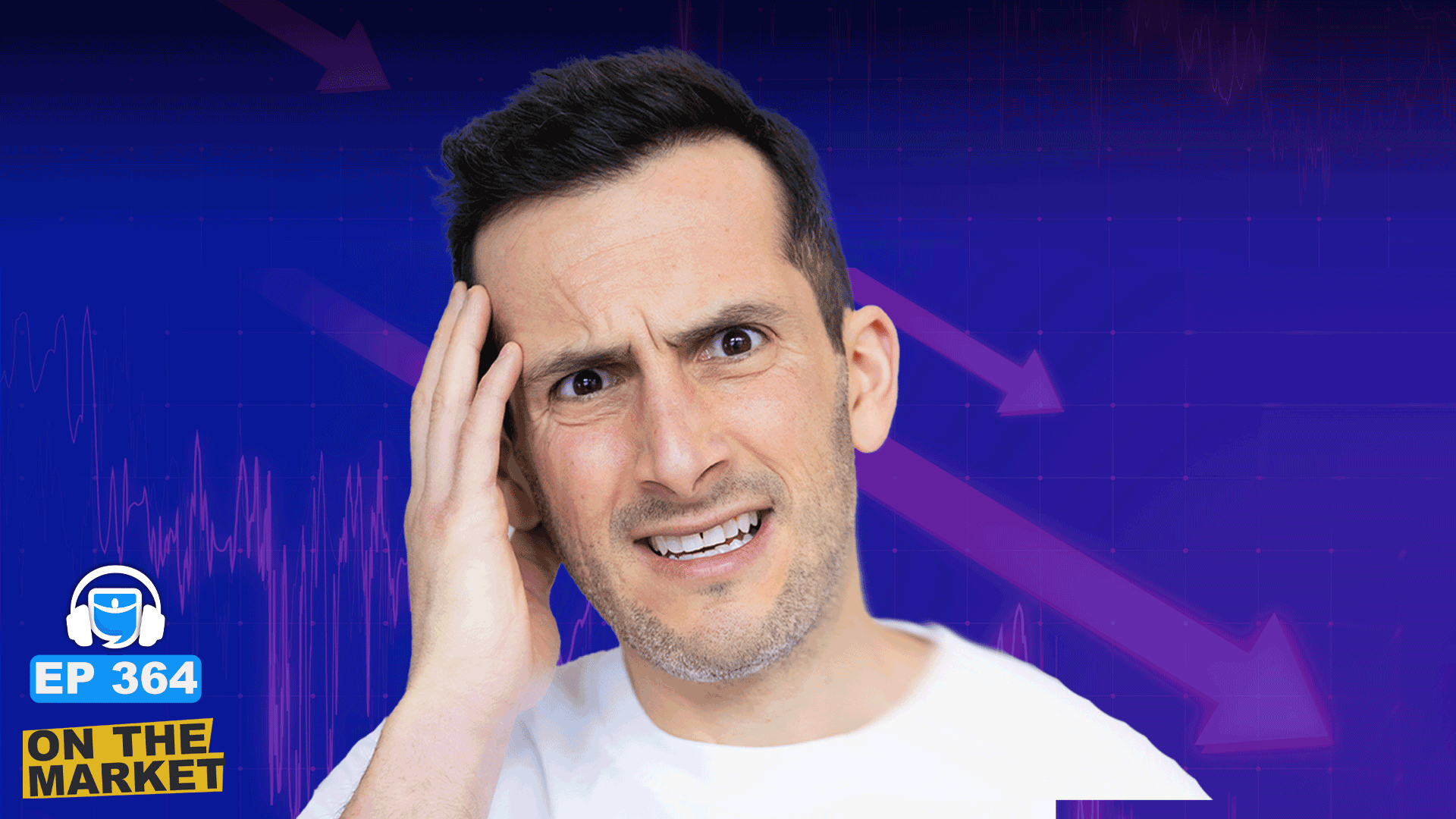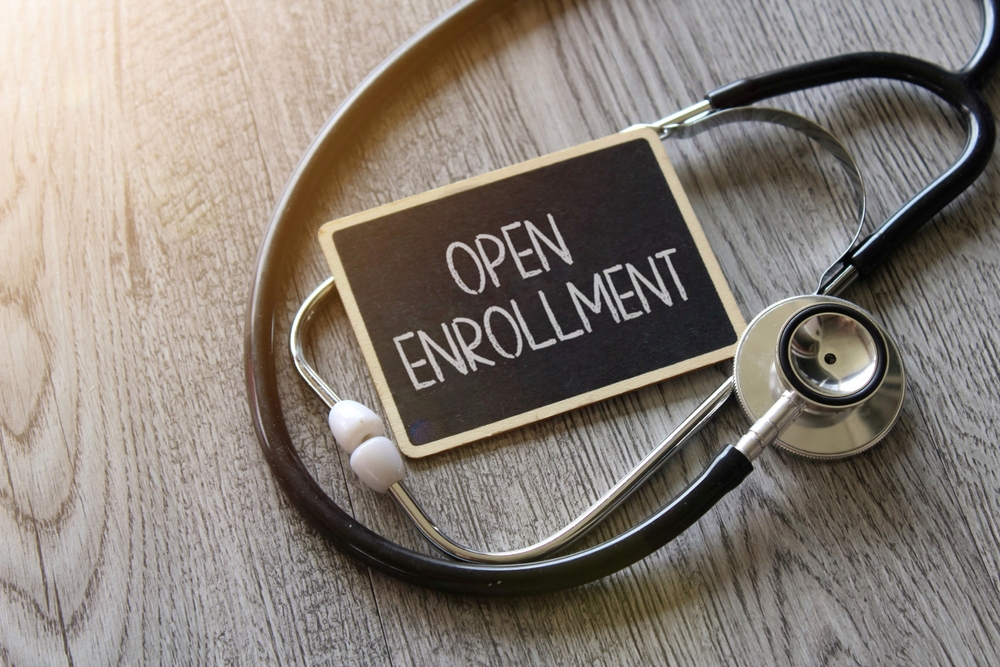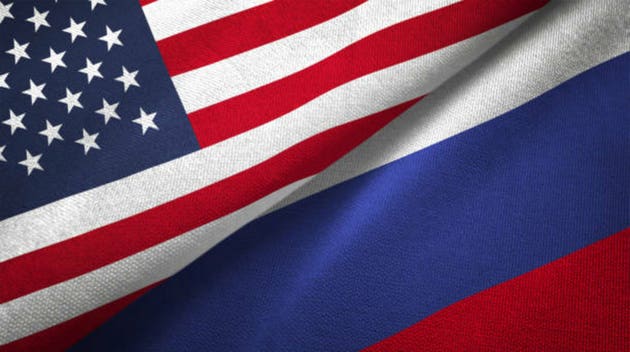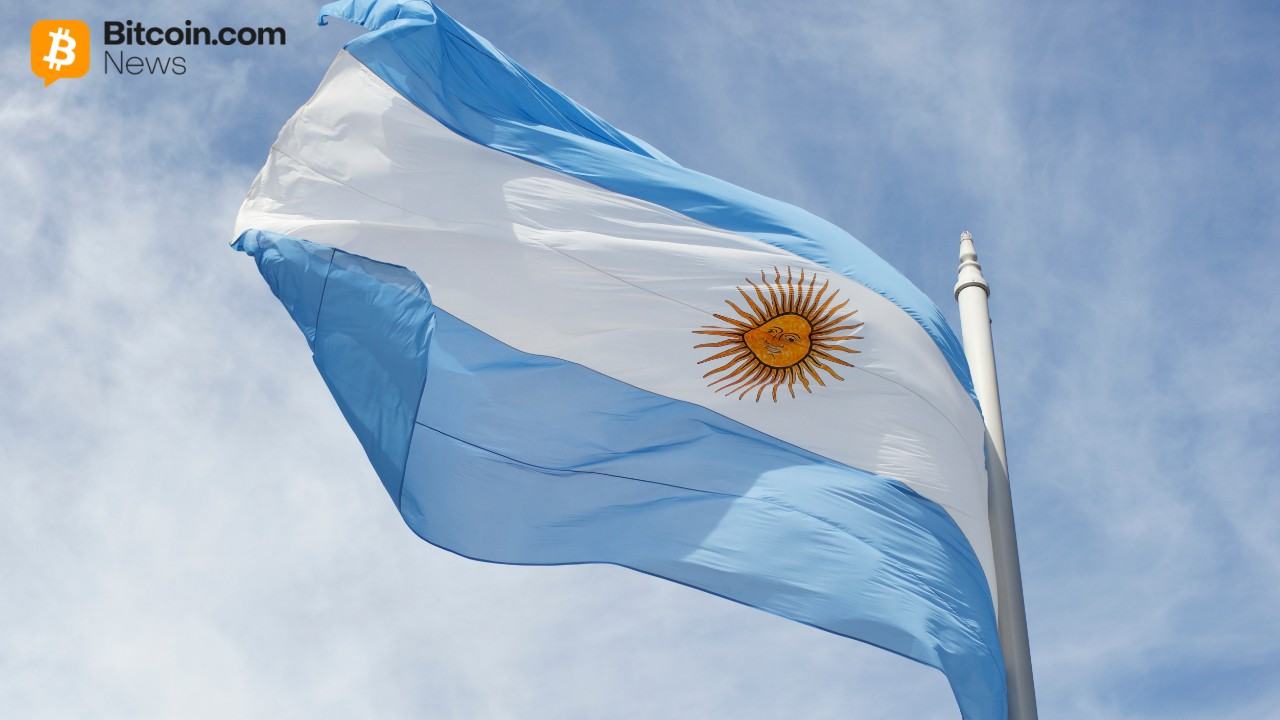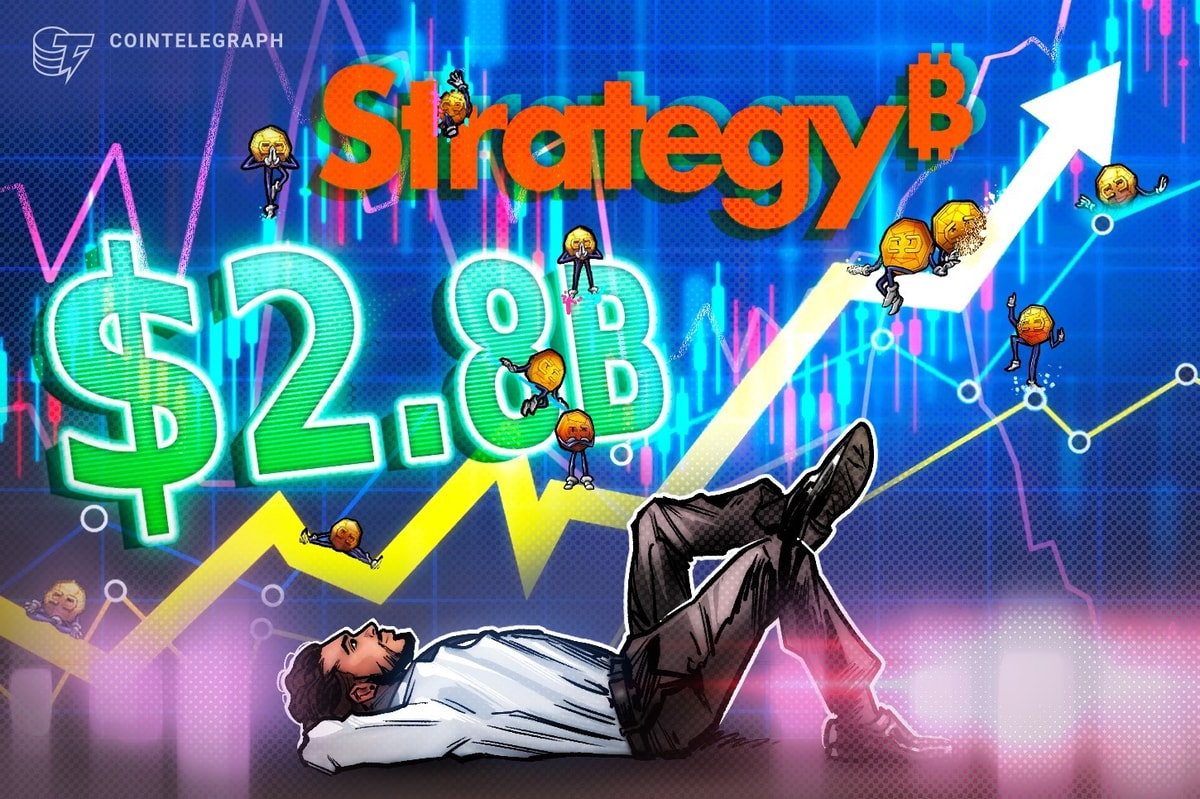The pharmaceutical trade is complicated, largely due to the multiple steps it takes to get finished drug products from production to pharmacy shelves. Companies rely on complex manufacturing chains that may require materials from multiple countries — including active ingredients — to produce.
Given the complexity of pharmaceutical trade, looming pharmaceutical tariffs would undoubtedly mean higher costs for consumers.
It remains unclear when exactly tariffs on health care products could hit, but in recent weeks, a timeline has emerged. On April 2, when President Donald Trump launched widespread tariffs on imported goods, he notably excluded medications from import duties. But then on April 8, Trump said he planned to announce a “major” pharmaceutical import tariff “very shortly.” Then on April 14, The White House began an investigation into the potential national security threat posed by pharmaceutical imports. In the past, such an investigation typically set the stage for tariffs to come.
If the Trump administration imposes a 25% tariff on drug imports, it could increase prices by nearly 13% and cost the U.S. some $51 billion annually, according to Reuters, which accessed a report commissioned by the pharmaceutical industry’s main lobby, the Pharmaceutical Research and Manufacturers of America.
But the impact of the tariff would likely go beyond its immediate costs. A pharmaceutical tariff could disrupt the world’s drug supply chain, discouraging companies from importing both finished medications and key ingredients needed for manufacturing in the U.S. That could spark new shortages. With fewer available drugs, prices could rise and existing shortages could deepen.
U.S. relies multiple trade partners for drug imports
Pharmaceutical imports are the fifth largest category of imports to the United States, according to the Observatory of Economic Complexity (OEC), a data visualization and distribution platform that originated at the Massachusetts Institute of Technology. In 2024, the U.S. imported most of its $212 billion of drug products from Ireland ($50.3 billion) followed by Switzerland, Germany, Singapore and India.
On a global scale, the world’s pharmaceutical trade relies heavily on China to supply active pharmaceutical ingredients (APIs), which are crucial to manufacturing finished drug products. China produces and exports an estimated 20% to 40% of all APIs in the world, according to a 2020 analysis by the Information Technology and Innovation Foundation, a nonpartisan think tank.
Pharmaceutical trade between the U.S. and China has grown substantially in recent years. The U.S. doubled its medication imports from China, increasing its share from 2.5% in 2020 to 6% in 2022, according to an analysis by Atlantic Council, a U.S.-based think tank that focuses on international affairs.
Tariffs could undermine those trade relationships, especially if other countries respond with tariffs of their own on U.S. products.
Generic drug prices could get hit the hardest by tariffs
The complexity of drug manufacturing and trade means tariffs will have reverberating effects and could hike prices all along the supply chain. Geneva Network, a research and advocacy organization focusing on trade, says that import tariffs could hike wholesale and final drug prices by up to 80% of the ex-factory price, that is, the price of a product at the factory before additional costs.
In the U.S., pharmaceutical tariffs are most likely to hike prices of generic drugs — cheaper versions of brand-name drugs. Generics comprise 90% of the entire U.S. drug supply, according to the U.S. Food and Drug Administration. The final product of most generic drugs is manufactured outside the U.S. with active ingredients most often coming from China or India.
Typically the less expensive option for consumers, generic drugs are more likely to be covered by insurance companies, which makes them a critical part of patients’ health care access. But generic drugs are not immune to price shocks. According to an analysis of Medicaid data by Health Affairs, a peer-reviewed academic journal, one in five generic drugs doubled in price over the course of one year during the period from 2014 to 2017.
Generics are particularly vulnerable to tariff-related price hikes because of the way the business functions: Generic drugs don’t require high costs for research and development, but drug companies only profit if they sell high volumes of drugs at low margins. In order to keep prices low, companies rely on inexpensive imports of raw materials. If raw materials and finished products become more expensive, then companies will likely increase prices for consumers so they don’t lose money.
Existing drug shortages hike costs, tariffs could make it worse
In recent years, consumers have already faced rising prices for drugs: In the one year period from January 2022 to January 2023, prices went up for more than 4,200 drug products, according to a 2023 report by the federal Office of the Assistant Secretary for Planning and Evaluation (ASPE), which advises the Department of Health and Human Services. During this period, prices increased faster than the inflation rate for nearly 2,000 drugs, with an average increase of 15.2% or $590 per product, the report indicated.
Shortages are a key factor in drug price hikes, according to another report by the ASPE, which compiled findings from a study by the nonprofit think tank the RAND Corporation. From 2016-2020 prices for drugs experiencing a shortage went up by 16.6%. Generic drugs, in particular, increased by 14.6% and, in some instances, prices tripled for the generic substitute version of a drug in shortage.
As of May 2, the FDA lists 89 current drug shortages. Among drugs in shortage are those used to treat illnesses and conditions like cancer, tuberculosis, blood pressure, ADHD, pain, asthma, gastrointestinal conditions, inflammatory conditions and anxiety.
Tariffs on top of existing shortages could compound multiple pressures patients face in seeking care. A 2019 report by the National Institutes of Health says patients had higher “out of pocket costs, rate of drug errors, adverse events, mortality and complaints during times of shortage.”
How pharmaceutical companies are responding to tariff threats
Trump told members of the National Republican Congressional Committee at a dinner on April 8 that the new pharmaceutical tariffs will prompt companies to invest in U.S. manufacturing. He said, “They will leave other places because they have to sell — most of their product is sold here and they’re going to be opening up their plants all over the place.”
So-called “Big Pharma” companies may be able to weather Trump’s tariffs if they have a wider manufacturing presence in the U.S. But Trump’s threats have rattled the industry enough that they have spurred some major companies into action:
On April 22, Roche, a large drug company in Switzerland, said it would invest $50 billion in the U.S. for manufacturing facilities, as well as research and development sites. The company estimates that the investment could create more than 12,000 U.S. jobs.
On April 10, Novartis, a major Swiss drug company, said it would invest $23 billion in the next five years in U.S. manufacturing.
On March 25, Johnson & Johnson, an American drug company, said it was spending $55 billion in the next four years to expand U.S. manufacturing.
On March 11, Merck, an American drug company, opened a new $1 billion vaccine manufacturing facility as part of a $12 billion investment announced in 2018. The company said it was adding another $8 billion in U.S. capital investment by 2028.
On Feb. 26, Eli Lilly, a U.S.-based pharmaceutical giant, said it planned to invest $27 billion to build four new manufacturing facilities in the U.S., as part of a $50 billion investment beginning in 2020.
Weeks after Eli Lilly announced its newest investment, CEO David Ricks told the BBC in an interview that it will be “hard to come back” from Trump’s tariffs. He also said that companies will likely have to absorb additional tariff costs, which would mean cuts to other areas of the business. He specifically said research and development could be first on the chopping block, which could mean fewer new drugs coming to market.
(Photo illustration by Spencer Platt/Getty Images News via Getty Images)














